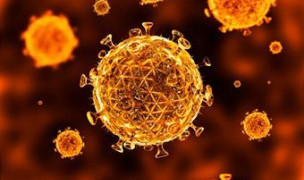 8 Terms
8 TermsHome > Industry/Domain > Physics > Thermodynamics
Thermodynamics
The science of energy and its ability to cause changes.
Industry: Physics
Add a new termContributors in Thermodynamics
Thermodynamics
complete combustion
Physics; Thermodynamics
A combustion process in which all the carbon in the fuel burns to CO2, all the hydrogen burns to H2O, and all the sulfur (if any) burns to SO2. In other words, all combustible components of a fuel ...
ideal vapor-compression refrigeration cycle
Physics; Thermodynamics
Completely vaporizes the refrigerant before it is compressed and expands the refrigerant with a throttling device, such as an expansion valve or capillary tube. The vapor-compression refrigeration ...
Stirling cycle
Physics; Thermodynamics
A thermodynamic cycle made up of four totally reversible processes: : 1-2 T constant expansion (heat addition from the external source) : 2-3 v constant regeneration (internal heat transfer from the ...
stroke
Physics; Thermodynamics
The distance between the top dead center and the bottom dead center which is the longest distance that the piston can travel in one direction within a cylinder.
regenerator effectiveness
Physics; Thermodynamics
The extent to which a regenerator approaches an ideal regenerator. It is defined as the ratio of the heat transfer to the compressor exit gas to the maximum possible heat transfer to the compressor ...
rocket
Physics; Thermodynamics
A device that allows a solid or liquid fuel and an oxidizer to react in its combustion chamber. The high-pressure combustion gases are then expanded in a nozzle. The gases leave the rocket at very ...
reversible work
Physics; Thermodynamics
Wrev is defined as the maximum amount of useful work that can be produced or the minimum work that needs to be supplied as a system undergoes a process between the specified initial and final states. ...


